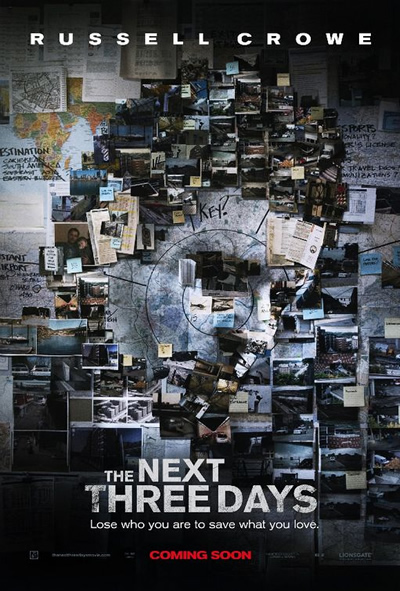My review of Tron: Legacy, the film to which I alluded last time, is now up. You will notice I enjoyed it, yet it also marks the first time I have been really frustrated by the need to offer a star rating at the end. Its critics will hate it for a range of reasons, all of which I agree with — it’s a film of unexplored concepts, ponderously paced, thinly plotted, and incredibly self-indulgent. Charlie at Ultra Culture, which I noted in my last point, absolutely hated it. And I agree with everything he said. But as a techie/film geek it does exactly what I want in a number of areas so that if accepted on its merits it’s both an impressive achievement and rather enjoyable. I could easily have given it anything from two to three and a half stars, which would completely alter the impression of the preceding text. And I’d be lying if I said I wasn’t partly influenced by the desire to promote great use of 3D over shoddy conversions like Clash of the Titans or gimmicks like Alice in Wonderland.
Interestingly, the same is true of the second film from the day, Mike Haggis’ The Next Three Days, starring Russell Crowe as an everyman teacher who ends up breaking his wife out of prison. I enjoyed it and would comfortably rate it a three-star film, but its structure — its opening two thirds a slow burn character drama followed by an explosive final act — will alienate much of its audience. Thriller fans will find much of the film too slow to sit through, while those who enjoy the drama will find the actual break and escape sequence utterly implausible. For me that same slow burn opening meant I was far more invested in the characters by the payoff, heightening its intensity.
Obviously the star rating is as much an opinion as the text of any review, but in this case it seems rendered useless. I’m curious to know what people would think of alternative approaches, which other media have also begun using. One option is simply to ditch the rating and rely on the text, but I think it remains important to have some form of summary position at the end of a review to highlight the strength of any recommendation (recommendation is, I feel, a crucial part of the critic’s role). Breakdown ratings that cover different aspects of the film are no better. Perhaps my favourite option would be a short list of pros and cons, and perhaps a “see this film if you like…” targeted recommendation. Since you are the people who read them, I’d love to hear your thoughts, either in the comments or directly.
In unrelated news, while I haven’t engaged with Wikileaks directly here, Glenn Greenwald’s levelheaded debunking of various pieces of critical media coverage is well worth reading.
